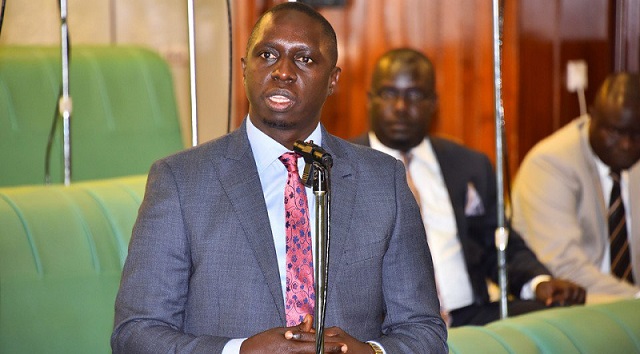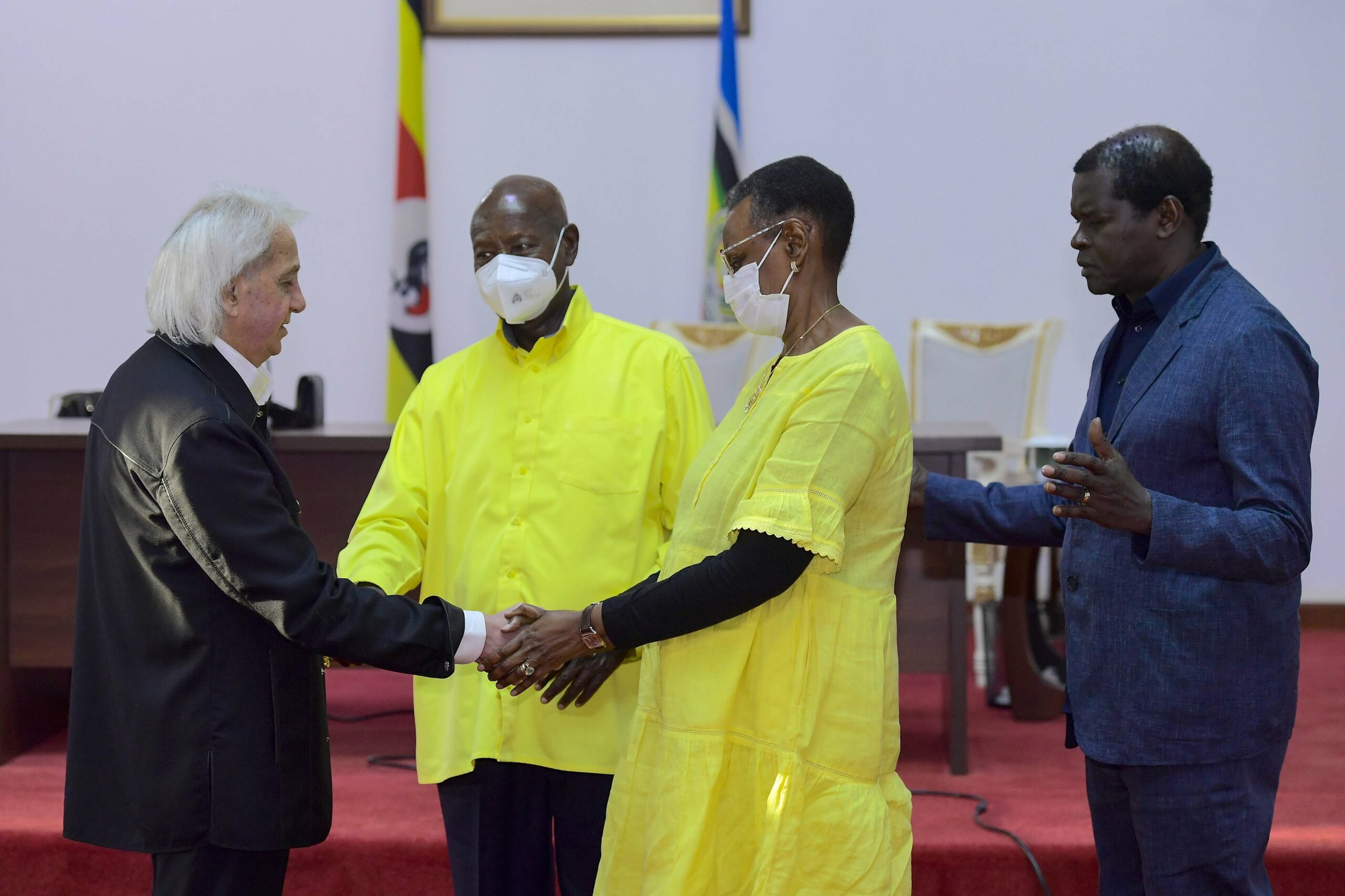KAMPALA, June 29, 2025 – In a charged atmosphere at the Democratic Front (DF) conference, Kampala Central MP Mohammed Nsereko delivered a blistering warning to the National Unity Platform (NUP) and its Secretary General, Lewis Rubongoya, vowing that Rubongoya would only claim his constituency “over my dead body.”
The fiery declaration, met with roars from supporters, underscored the intensifying political rivalry in Uganda’s capital as Nsereko endorsed Mathias Mpuuga, the DF’s presidential candidate, and pledged to block NUP’s ambitions in the upcoming elections.
Nsereko, a seasoned politician known for his pragmatic and often controversial approach, has been a dominant figure in Kampala Central for multiple terms. His political journey, marked by a blend of populism and strategic alliances, has seen him navigate Uganda’s turbulent political landscape with resilience. Initially aligned with the ruling National Resistance Movement (NRM), Nsereko has carved out an independent streak, often championing urban issues like youth unemployment and infrastructure development. As he serves his final term, his influence remains formidable, and his vow to field a joint candidate signals his intent to shape the constituency’s future even after leaving Parliament.
Addressing the DF conference, Nsereko dismissed NUP’s leadership as “a bunch of jokers,” targeting Rubongoya and Muhammad Kivumbi, NUP’s Buganda region vice chairman, who recently declared Kampala Central “vacant” and positioned Rubongoya as the party’s candidate to “rescue” it. “They will not walk over us,” Nsereko thundered, rallying his base to unite behind a yet-to-be-named candidate to counter NUP’s advance. His defiance reflects his determination to protect his legacy in a constituency he has long dominated.
Lewis Rubongoya, a lawyer and vocal critic of the government, has emerged as a key figure in NUP, a party that has rapidly gained traction since its formation in 2020. Under the leadership of Robert Kyagulanyi, aka Bobi Wine, NUP has galvanized Uganda’s youth and urban voters, capitalizing on discontent with the status quo. Rubongoya’s role as Secretary General has seen him spearhead NUP’s organizational growth, making it a formidable force in Kampala and beyond. His potential candidacy in Kampala Central, a vibrant urban hub, is seen as a strategic move to consolidate NUP’s influence in the capital, where it already holds significant sway.
Nsereko’s warning raises the stakes for several reasons. Kampala Central, a microcosm of Uganda’s political dynamics, is a high-profile constituency where urban voters—young, vocal, and increasingly disillusioned—hold significant power. A win for Rubongoya would cement NUP’s dominance in the capital, bolstering its national ambitions ahead of the presidential race. Conversely, Nsereko’s success in thwarting NUP would reinforce his political clout and signal that established forces can still hold ground against the rising tide of opposition.
The clash also highlights broader tensions in Uganda’s political landscape. NUP’s populist appeal, rooted in calls for systemic change, contrasts sharply with Nsereko’s coalition-building approach, which draws on cross-party alliances and grassroots mobilization. Nsereko’s endorsement of Mpuuga, a former NUP stalwart now leading the DF, adds another layer of intrigue, as it pits former allies against each other in a battle for ideological and electoral supremacy.
Political analysts predict a fierce campaign in Kampala Central, with Nsereko’s joint candidate likely to leverage his established networks against Rubongoya’s youthful, energetic base. The outcome will not only determine the constituency’s next MP but also shape the narrative for Uganda’s opposition and the ruling establishment. As Nsereko digs in and NUP presses forward, Kampala Central is set to become a battleground where legacy, ambition, and ideology collide, with implications far beyond the capital’s borders.
Do you have a story in your community or an opinion to share with us: Email us at Submit an Article








